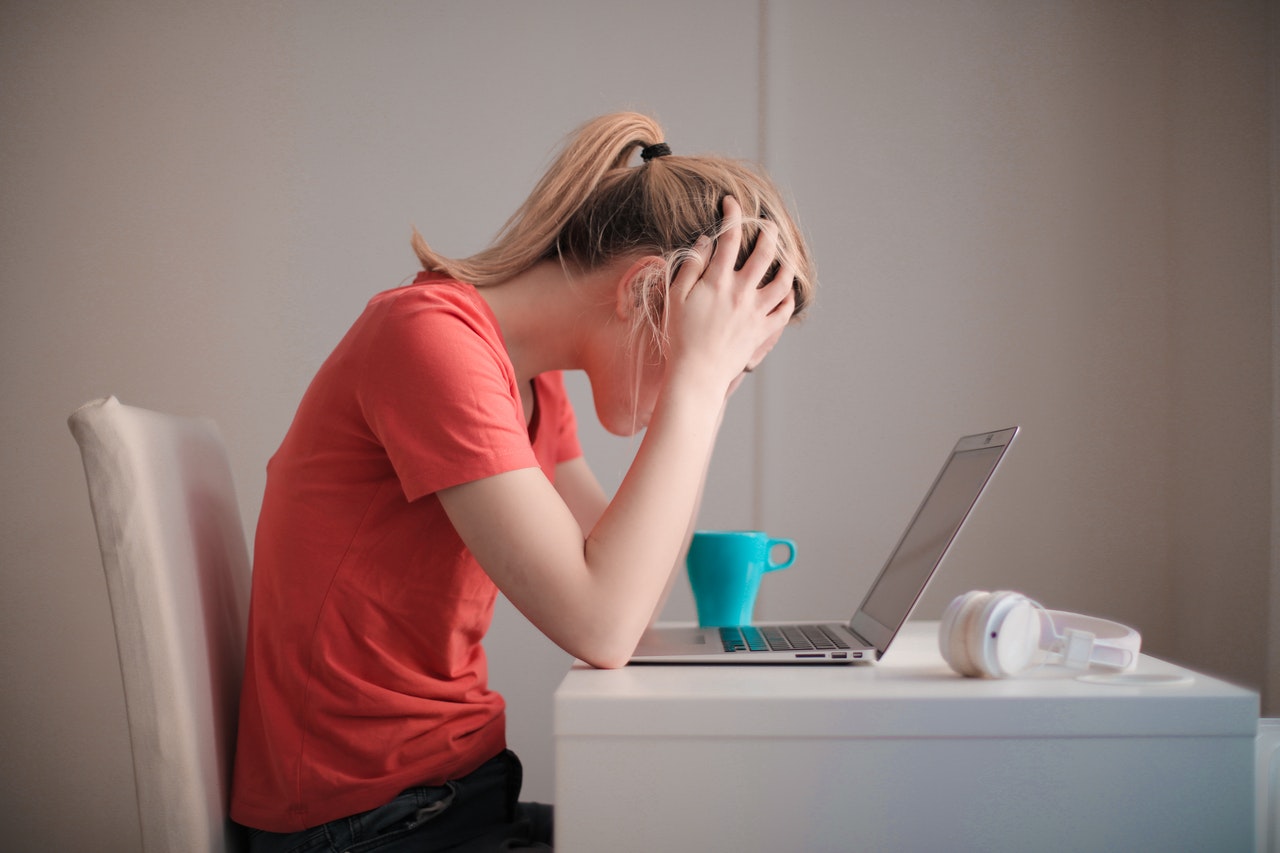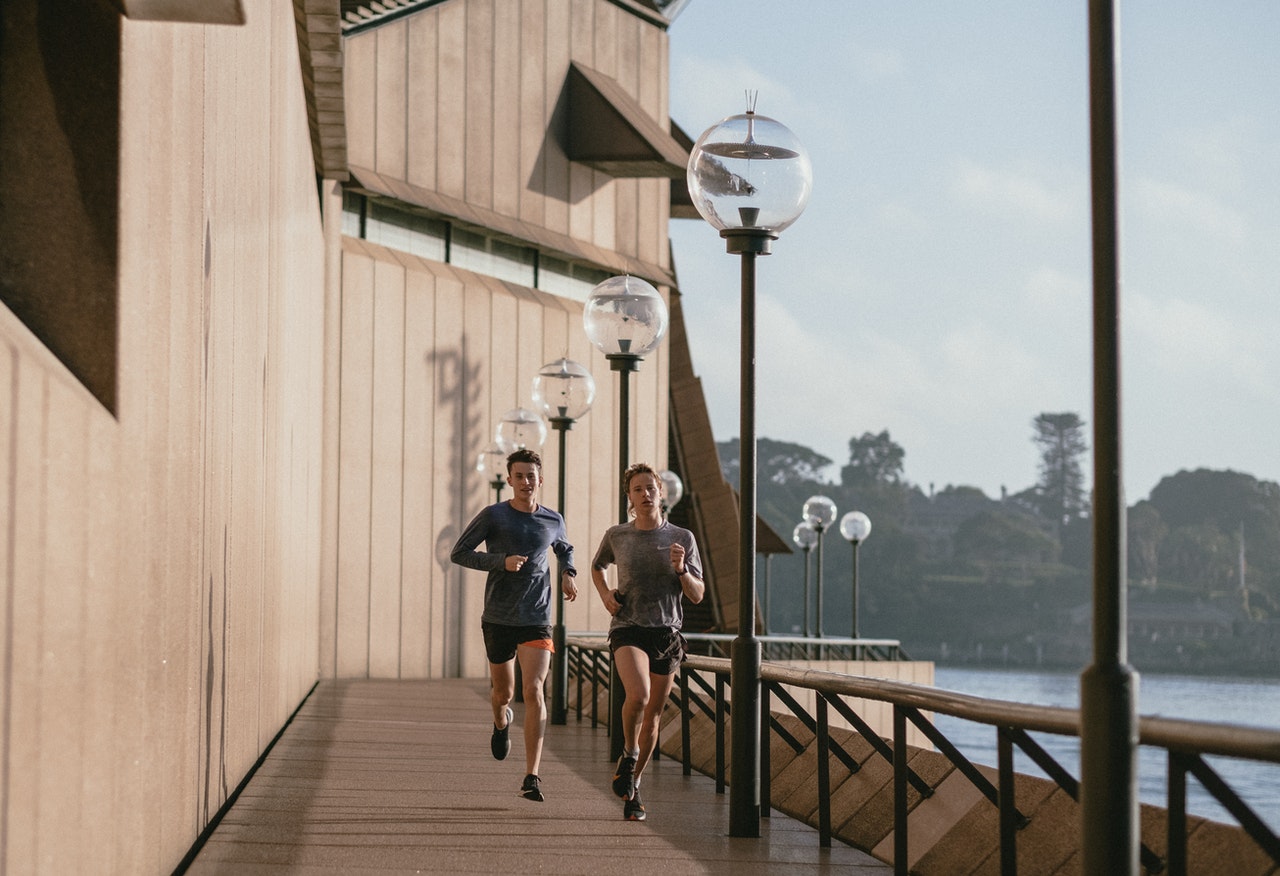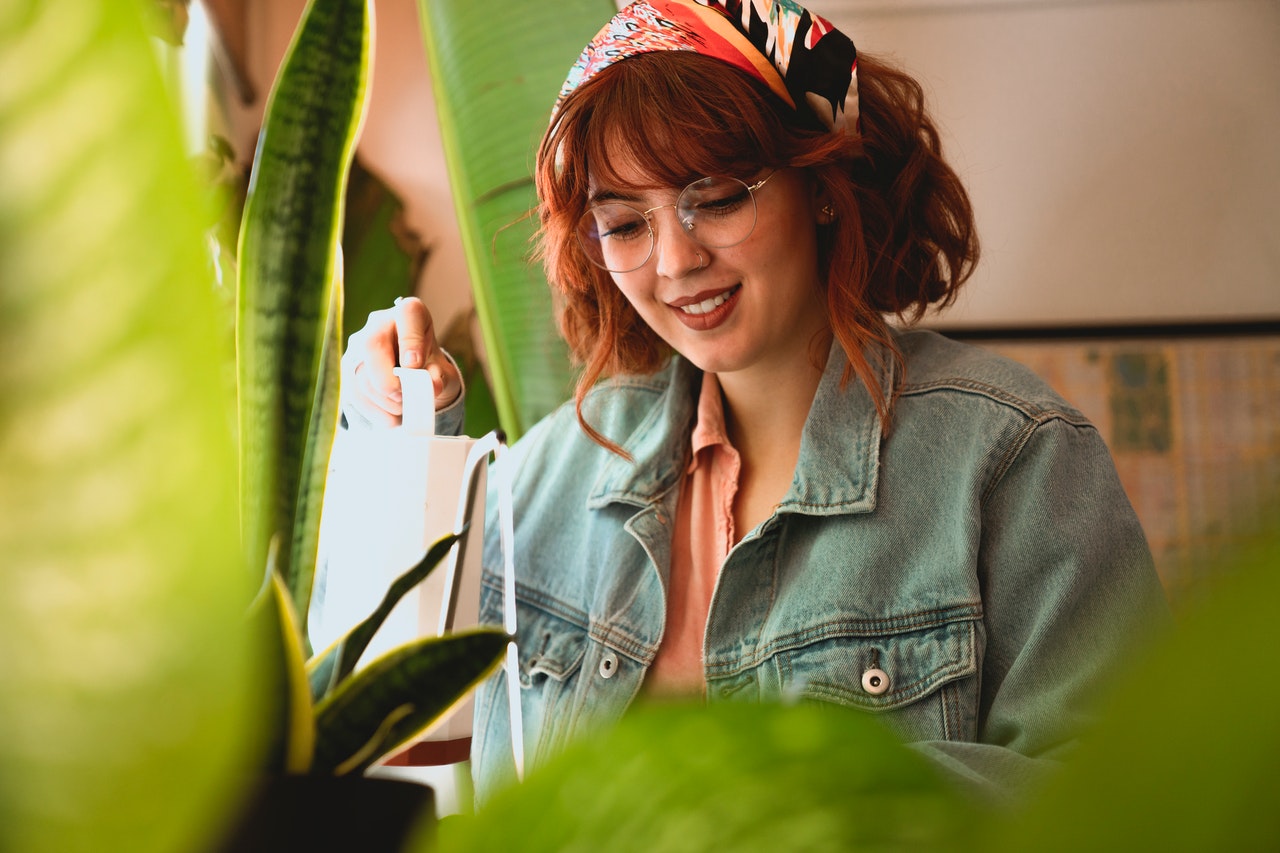Social anxiety is something that a lot more people suffer from than you may realise. Broadly speaking, social anxiety is a complex illness that is generally seen as a fear of being around other people — in particular large groups of people.
An individual who is suffering from a social anxiety disorder will often experience extreme and unreasonable fear when it comes to engaging socially with others, as well as finding much more comfort in being alone.
There are many reasons as to why an individual may manifest a social anxiety disorder, with some people developing these disorders due to trauma in early life. For others, they may arise from a snowballing fear of being judged by others or being criticised by the people around them.
Social anxiety disorders can arise in anyone, and they can manifest from as young as thirteen years old. According to a study performed by the European Union found that in 2013: “there were 8.2 million cases of anxiety disorder, more than 1 million cases of addiction and almost 4 million cases of mood disorders, including bipolar disorder, in the UK.” Therefore, this illness is much more prevalent amongst the population than a lot of individuals think. Furthermore, women were also found to be twice as likely to be diagnosed with a social anxiety disorder.
With social anxiety being as prevalent as it is today, and if you feel that this may be something that you are currently suffering from, then you should be aware of the following tips as to how to combat this illness.
Be Aware Of Your Anxiousness And The Signs Of Social Anxiety
A very basic part of recovering from a social anxiety disorder is to be aware of the social anxiety symptoms — specifically, what lead to you feeling more anxious, what happens when you’re becoming overwhelmed, and where your illness originates.
The more that you know about your anxiety, the better equipped you are to identify when you need to change your surroundings or mental state in order to remain calm.
Recovering from an anxiety disorder is largely about managing your mental health, as opposed to eradicating your anxiety completely, as that is often not possible.
Develop A Roster Of Relaxation Techniques For You To Fall Back On
Whenever you feel that you are becoming overwhelmed or that a social anxiety attack is on the horizon, you should always try to have a series of techniques that you can develop which help you to remain calm.
When a person is suffering from a severe period of social anxiety, their muscles can physically tense up, their breathing may become erratic, and they can become paranoid and light-headed.
Therefore, with this in mind, here are some of the most effective relaxation techniques that people fall back on.
- Breathing Exercises: There are countless examples of breathing exercises that you can find on resources such as the NHS website or even through certain apps for your phone or mobile device. Practising specific cycles of breathing patterns, and taking long consistent breaths, is a well-known way to help calm you down when necessary — while also helping bring your breathing under control.
- Muscle Relaxation Techniques: Due to the fact that your muscles may be tensing up while you suffering from severe anxiety, locating specific muscle exercises to relax your body can have incredibly beneficial side effects. It can also be useful to target specific muscle groups with your exercises, be that the group of muscles that you find become particularly tense or simply one at random.
Combining these two techniques together can help you to find a calmer headspace quickly and effectively, and can be done in most locations.
Engage Socially
Sure, this one may seem quite simple, but the fact is that if you avoid social interactions for prolonged periods of time then your anxiety will only get worse.
However, you should not put yourself in an extremely stressful situation right away. Instead, try meeting a friend or loved one in a quiet, yet social, place. Once you feel comfortable doing this, progressively try to engage with larger groups — but remember to keep this progress slow and steady.
Positive Changes To Your Everyday Lifestyle
Trying to get out every day, even if it is just for a walk on your own, can be a great way to make positive changes and reduce your overall anxiousness. Furthermore, it is advisable to avoid caffeine, energy drinks, or too many fizzy beverages.
Alcohol can be consumed, so long as it is done so in careful moderation. A lot of individuals believe that drinking alcohol will help them to engage socially, but drinking can not only increase your anxiety but also cause you to develop an unhealthy relationship with alcohol.
Finally, ensuring that you implement a proper sleep schedule into your daily life can massively improve your overall mental health, as well as your physical health. Try to keep yourself to a strict sleeping regime, and you will come to feel the benefits in no time at all.
Alter How You Think About Life
The manner in which you think about the world around you can contribute massively to your social anxiety. A lot of people worry about things that they cannot control, but trying to minimise this and trying to focus on the positives in the world will help you massively.
If you worry a lot in anticipation of a social event then you are also conditioning your brain to associate worry with social events — even when a social event may be positive, your brain will naturally come to assume it is something to be concerned about.
Anxiousness in regards to social engagements can therefore be a somewhat cyclical issue and one that is hard to break out from. However, talking to loved ones about these worries can be a great way to work through them, and they can help you to see through the necessary worries to the positives of social engagements.
For more information about social anxiety treatments and therapies, call Nova Recovery today as we may be able to help you get the treatment you need.
Source
https://www.unlocking-potential.co.uk/wp-content/uploads/2019/06/Statistics-relating-to-Social-Anxiety-Condition.pdf
Back to all posts
John Gillen
- Author
- Last updated: July 18, 2025
John has travelled extensively around the world, culminating in 19 years’ experience looking at different models. He is the European pioneer of NAD+ (Nicotinamide Adenine Dinucleotide) treatment to Europe in 2010; and recently back from the USA bringing state of the art Virtual Reality Relapse Prevention and stress reduction therapy. His passion extends to other metabolic disturbances and neurodegenerative diseases. The journey continues. In recent times, John has travelled to Russia to study and research into a new therapy photobiomudulation or systemic laser therapy working with NAD+ scientists and the very best of the medical professionals in the UK and the USA, together with Nadcell, Bionad Hospitals own select Doctors, nurses, dieticians and therapists. Johns’ passion continues to endeavour to bring to the UK and Europe new developments with NAD+ Therapy in preventive and restorative medicine and Wellness. In 2017 John Gillen was made a visiting Professor at the John Naisbitt university in Belgrade Serbia.



